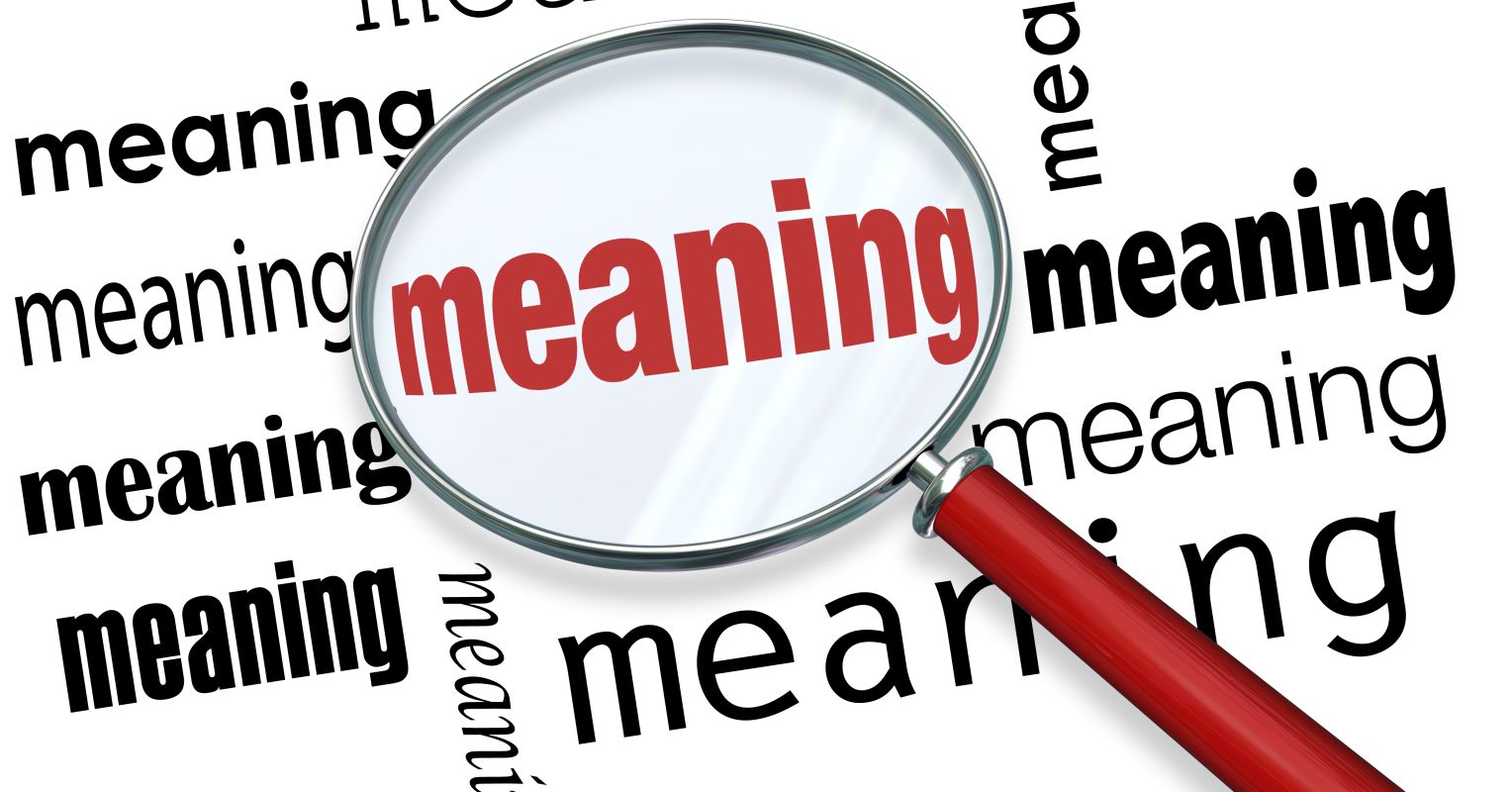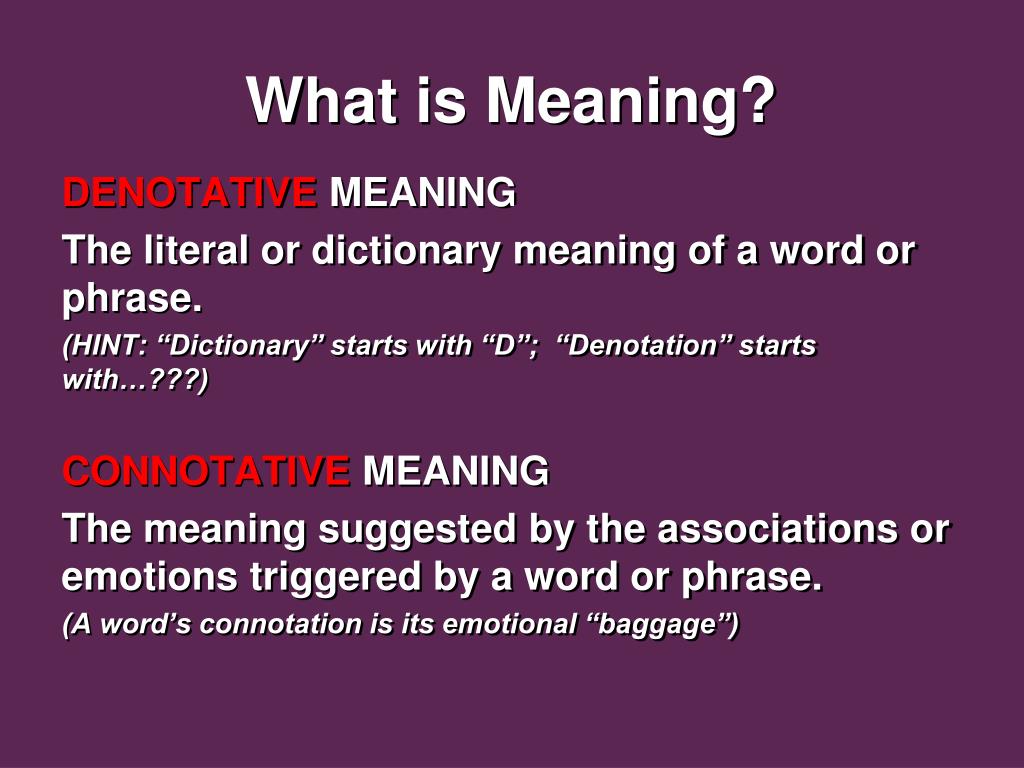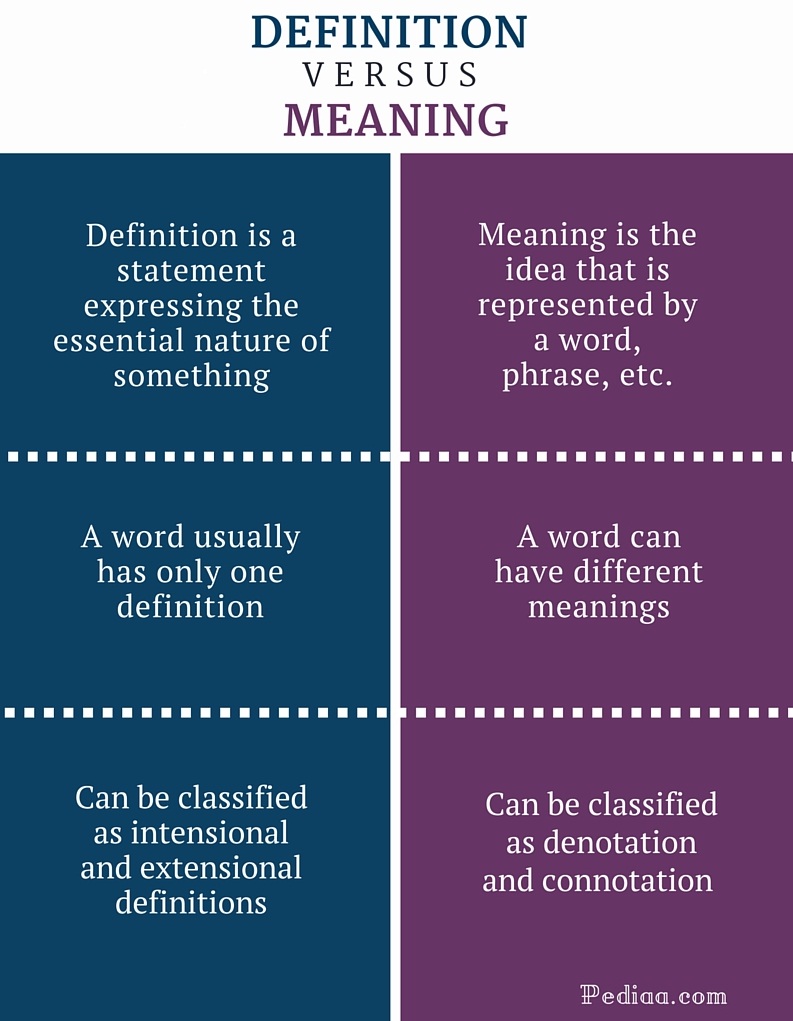Have you ever stopped to ponder what it truly means when someone speaks of "Moldovan"? It's a question that, like trying to figure out what a certain mathematical symbol represents, often has more layers than you might first expect. Many folks, you know, might hear the word and have just a general idea, perhaps associating it with a country in Eastern Europe.
But what exactly does it mean, this term "Moldovan"? It's a bit like looking at a financial report where things are listed "in thousands"; you get the general idea, but you still want to understand the specifics. This word, "Moldovan," covers a lot of ground, from the people themselves to their distinct way of speaking and the very land they call home. So, it's more than just a simple label, isn't it?
In a way, understanding "Moldovan" is like doing a research report on a company's assets; you need to look at all the different parts to get a full picture. We are going to look at the people, the language they use, and the country itself, all to figure out the sum of what "Moldovan" means today. It’s pretty interesting, actually, how these things connect.
- Wild Child St Pete
- Sanders Bbq Supply Co
- Hilton Cabana Miami Beach Resort
- Masons Famous Lobster Rolls
- Temeku Discount Cinemas Temecula
Table of Contents
- The People: Who are Moldovans?
- The Language: What Exactly is Moldovan?
- The Place: Moldova on the Map
- A Look at Moldovan Culture
- Answering Common Questions About Moldovan
The People: Who are Moldovans?
When we talk about "Moldovan," we are, of course, first and foremost talking about the people who live in the Republic of Moldova. These folks, you know, have a long history, shaped by many different cultures over the years. They are, in some respects, a blend of various influences, which makes their identity quite rich. They have lived through many changes, yet they hold onto their ways.
The population of Moldova is mostly made up of ethnic Moldovans. But there are also significant groups of Ukrainians, Russians, Gagauz, and Bulgarians, among others. This mix of people means the country has a lot of different customs and viewpoints. It's almost like a mosaic, where each piece adds to the whole picture, creating something unique.
For instance, if you were to look at their family structures, you would find a strong emphasis on community and connection. Generations often live close by, and family gatherings are pretty important events. This sense of closeness, you know, really helps shape how people interact with each other and their surroundings. It's a big part of daily existence there.
- Sheraton San Diego Resort
- Sons Of Liberty Gun Works
- Tornado Warning Issued For Branch County Thunderstorm
- Trenton Punk Rock Flea Market
- I Accidentally Stole The Bad Boys Kiss
A Sense of Belonging
For many people living in Moldova, a sense of being Moldovan is deeply tied to their land and their traditions. They feel a connection to the fields, the vineyards, and the small villages that dot the countryside. This feeling, you know, is passed down through families, generation after generation. It's a very personal sort of pride.
There is also a strong connection to their language, which we will discuss a bit more later. This linguistic tie, in a way, helps to keep their unique identity alive. It’s how stories are told, how songs are sung, and how history is shared. People often feel that their language is a big part of who they are, as a matter of fact.
Political events and historical shifts have, of course, played a big part in shaping this sense of belonging. The country has faced its share of challenges, and through these times, the people have, arguably, found ways to hold onto what makes them distinct. It's a testament to their spirit, really, how they maintain their way of life.
Everyday Life and Traditions
Daily life for many Moldovans, especially outside the capital city, often revolves around agriculture. The country's rich soil is perfect for growing grapes, fruits, and vegetables. So, you know, a lot of people work the land, and this shapes their routines and celebrations. It's a very grounded way of living.
Traditions are very much alive in Moldova. For example, holidays like Martisor, which celebrates the coming of spring, are observed with great enthusiasm. People exchange small red and white tassels, symbolizing renewal and hope. It's a simple custom, but it means a lot, you know, to the community.
Weddings and other family events are also big occasions, often involving large gatherings, lots of food, and traditional music and dance. These celebrations are a chance for families to come together and strengthen their bonds. They are, you know, very lively and full of joy, pretty much. These moments truly define their social fabric.
The Language: What Exactly is Moldovan?
Now, let's talk about the language, because this is where the question "What is the meaning of Moldovan?" gets a bit interesting, perhaps even like trying to figure out what a symbol like "∈" means in math. For a long time, the language spoken in Moldova was officially called "Moldovan." However, linguists and many people themselves will tell you that it is, in fact, the same as Romanian.
The official language of the Republic of Moldova is now Romanian, as declared in 2023. This change reflects a widely held view among experts and a significant portion of the population. It’s a bit like clarifying a definition that has been debated for a while, you know, making things clearer. This decision has been a long time coming for many.
So, when someone says "Moldovan language," they are, more or less, referring to Romanian as it is spoken in Moldova. There are some minor regional differences, of course, just like there are variations in English spoken in different countries. But, basically, a speaker of Romanian from Romania and a speaker from Moldova can understand each other without trouble, actually.
Romanian, Yet Different
The historical context is important here. During the Soviet era, the language in Moldova was deliberately separated from Romanian and given its own name, "Moldovan." This was part of a broader political effort to create a distinct Moldovan identity separate from Romania. They even used a Cyrillic alphabet for a time, which was, you know, quite a change from the Latin script used in Romania.
After Moldova gained independence, the Latin alphabet was brought back, and the language moved closer to Romanian in official use. Still, the term "Moldovan" persisted for a while, especially among older generations or those who felt a strong sense of a unique Moldovan identity. It's a complex issue, with historical and political feelings mixed in, too it's almost.
So, while the spoken language is virtually identical to Romanian, the name "Moldovan" for the language carries a specific historical and political weight. It reflects a period when efforts were made to distinguish it. This situation, in a way, shows how language names can sometimes be tied to more than just how people speak, you know. They can represent identity and national stories.
Historical Influences on Speech
The way people speak in Moldova does have some slight regional characteristics, which is pretty natural for any language. You might hear certain words or pronunciations that are more common there than in other parts of Romania. These are often small things, just a little bit different, but they add to the local flavor.
Russian has, of course, had some influence on the vocabulary, especially during the Soviet period. You might find a few more Russian loanwords in everyday speech compared to Romanian spoken in Romania. This is, you know, a natural result of historical contact and shared experiences. It's something that happens with languages, really.
However, the core grammar and vocabulary remain firmly rooted in the Romance language family, very similar to Italian, French, Spanish, and Portuguese. So, if you know a bit of Romanian, you will find yourself able to understand Moldovan speakers quite easily. It's, basically, the same language, with just a few local touches, as a matter of fact.
The Place: Moldova on the Map
When someone asks "What is the meaning of Moldovan?" they are also, quite literally, asking about the place. The Republic of Moldova is a landlocked country in Eastern Europe, nestled between Romania to its west and Ukraine to its north, east, and south. It's not a very large country, but it has a significant position, you know, in that part of the continent.
Its geography is mostly made up of rolling hills, plains, and a lot of fertile land, which is why agriculture is so important there. The climate is generally moderate continental, with warm summers and mild winters. This makes it, you know, pretty good for growing things, especially grapes for wine. The natural surroundings are quite lovely, actually.
The capital city is Chișinău, which is the largest urban area and the center of much of the country's economic and cultural activity. It’s a place where you can see a mix of Soviet-era architecture and newer developments. The city is, sort of, a hub for people from all over the country, and it has a lively atmosphere, you know.
A European Spot
Moldova has, for some time, been working towards closer ties with the European Union. This is a big part of its current national direction and has a real impact on its future. The country has, you know, signed agreements and is making efforts to align its laws and standards with those of the EU. It's a significant step for them.
This push towards Europe means changes in many areas, from economic policies to social norms. It also affects how the country is seen on the international stage. Many people in Moldova, you know, see their future as being connected with the wider European family. It’s a pretty important goal for the nation, in a way.
Being located right between Eastern and Western influences has, of course, shaped Moldova's history and its present. It's a place where different cultures have met and mixed over centuries. This position has, you know, made it a unique spot, with its own particular story and set of challenges, pretty much. It's a fascinating place, really.
Its Own Story
Moldova's history is full of twists and turns. It was once part of various larger empires, including the Ottoman Empire and the Russian Empire. Then, for a time, it was part of Romania. After World War II, it became the Moldavian Soviet Socialist Republic within the Soviet Union. This long and varied past has, you know, left its mark on the country.
The country gained its independence in 1991, following the breakup of the Soviet Union. This was a very significant moment, allowing the people to begin building their own independent state. Since then, it has been on a path of self-determination, figuring out its own way in the world. It’s a relatively young country, in that respect, on the global stage.
The region of Trans
- Dessert Gallery Bakery Caf%C3%A9
- Masons Famous Lobster Rolls
- The Tides Estate North Haledon New Jersey
- Something In The Water 2024
- Hakone Estate And Gardens



Detail Author:
- Name : Colten Bernier
- Username : amarvin
- Email : pbernhard@gmail.com
- Birthdate : 1986-05-27
- Address : 5230 Gorczany Prairie Suite 040 South Brayanshire, UT 79147
- Phone : (870) 415-1879
- Company : Halvorson Inc
- Job : Bindery Worker
- Bio : Et voluptatibus qui veniam et qui ut. Id eum dolorum harum et ea. Maxime consequatur alias omnis accusamus temporibus laudantium maxime.
Socials
facebook:
- url : https://facebook.com/catharine1665
- username : catharine1665
- bio : Porro corporis optio deleniti laborum iste et rerum ipsum.
- followers : 4864
- following : 2645
instagram:
- url : https://instagram.com/roobc
- username : roobc
- bio : Ea facilis voluptate dignissimos impedit. Laboriosam sunt deleniti aut nihil quia.
- followers : 5275
- following : 2175

